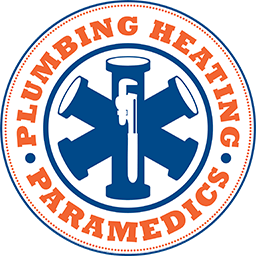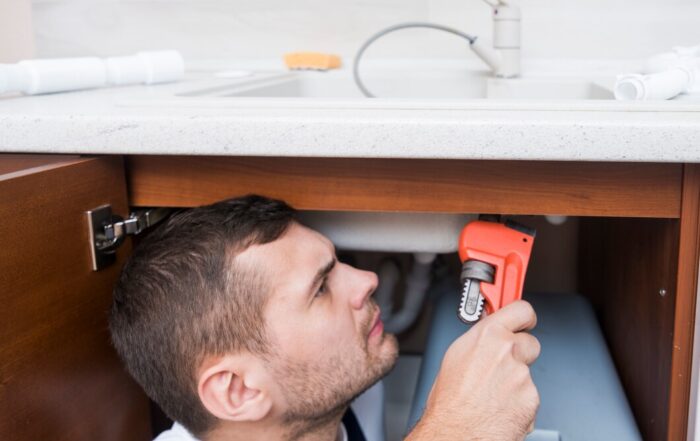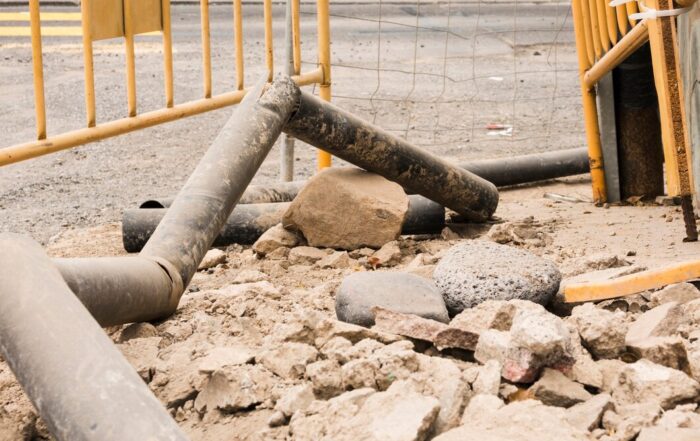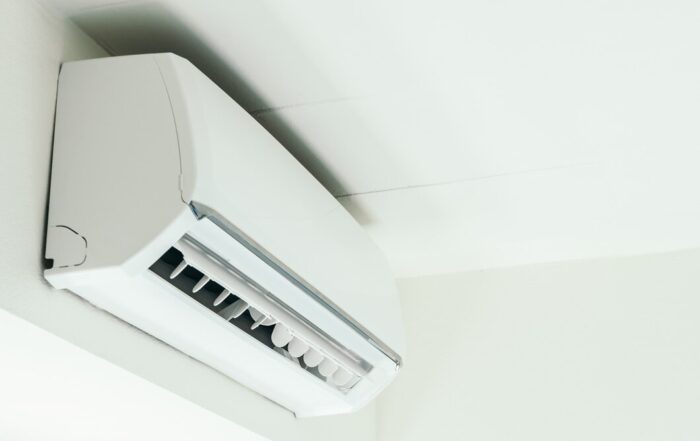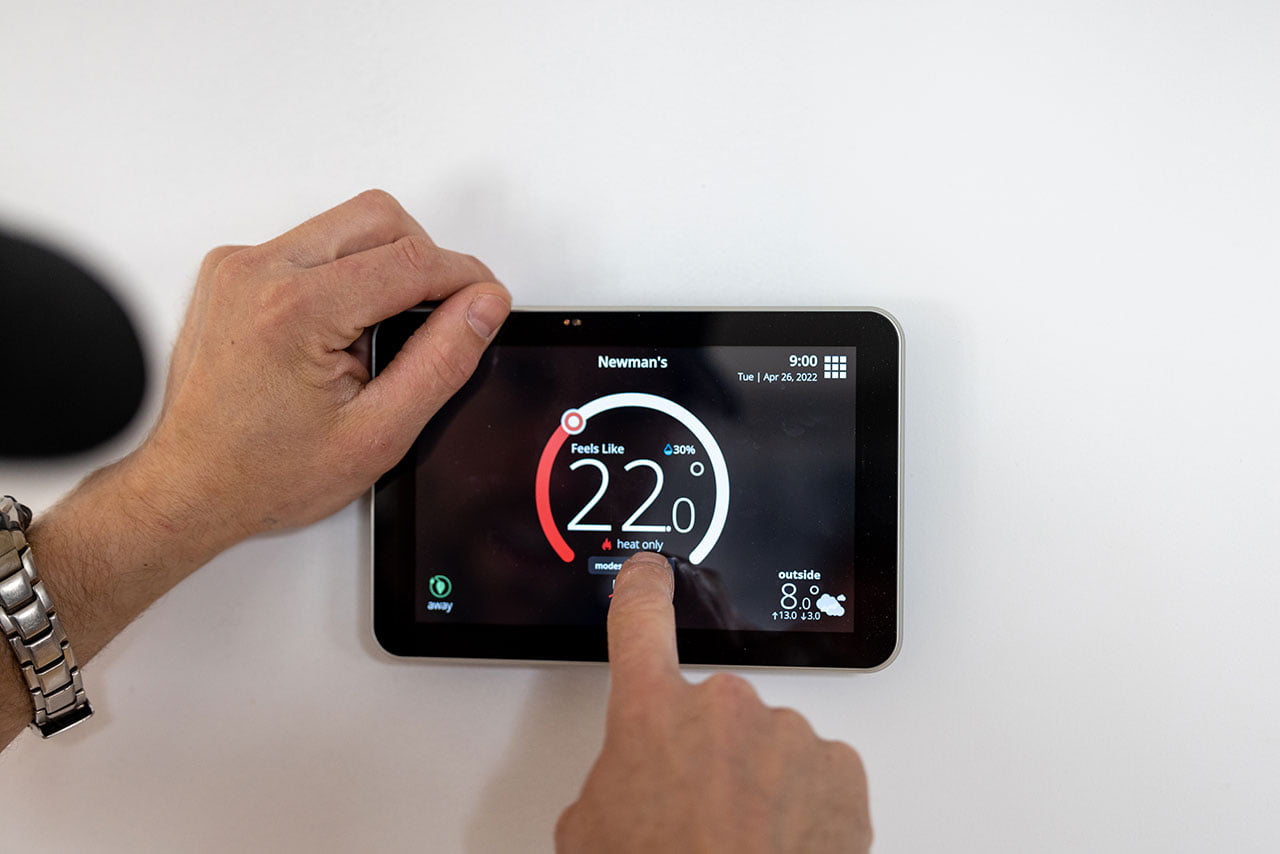
Home heating isn’t a luxury for Calgarians but rather a necessity. Our cool falls and brutal winters make us rely on a furnace, boiler, or some type of heating system. However, they can add up to a pricey bill if you have an older model or don’t have the right system for your home. Nearly 30% of your home’s energy and costs are related to your home heating system. A more efficient model can help offset heating bills and give you the cozy atmosphere you need all winter. But the biggest and best won’t work for everyone. Continue reading for our home heating guide: system types and efficiency.
Signs You Need To Replace Your Heating System
Are you looking to replace your furnace, boiler, or heating system because you want to be more energy efficient, you’re noticing your energy bills climbing, or you’ve poured too much into repairs for an outdated model? Here are some telltale signs it’s time to start thinking about your next heating investment.
- You’re calling for repairs more often than you’re calling your mother.
- You have to adjust the thermostat constantly.
- Your second storey is a sauna, your main floor is drafty in one area but perfect in another, and the basement feels like a walk-in freezer.
- Your heating system is running on short cycles frequently.
- There is a lot of noise coming from your furnace.
- Your system is aging and not well.
With so many advertisements and promises of better efficiency, lower costs, and more, how can you navigate the noise to pick the perfect system for you?
How to choose an efficient heating system
The most important part of an energy-efficient home heating system is not the system itself but rather the efficiency with which your home uses it. But first, you’ll want to examine a few other details before deciding whether your heating system is the problem.
Your first step should be to fix any leaks in the doors, windows, walls, and flooring. If you discover a draft, it may be the culprit for higher bills or uneven heat in the home. Your solution may involve better insulation, caulk, and weatherstripping before turning to a brand-new heating system. Our friendly technicians can do an energy audit of your home to see if there are any opportunities for improvement.
From there, if you’ve determined you need a more efficient system, you’ll want to pay attention to the AFUE (known as the annual fuel utilization efficiency) rating. However, there is more to choosing the best heating system for your house than just the AFUE rating. In addition, selecting one compatible with the type of energy used in your home is crucial. There are homes with electric heating systems and those with natural gas. Natural gas is more cost-effective than electricity in the long run. You’ll also have to consider and perhaps ask your local HVAC company their recommendations based on:
- How you’re using the space
- What kind of heat you need, and when you need it. If you’re typically out of your home from 8 am-8 pm, you’ll want to look at cost-saving solutions and programmable thermostats.
- Your budget.
Home Heating Guide: System Types and Efficiency
You can choose a few options to heat your home, and some will serve you better than others.
Furnace
Most homes in our area opt for furnaces powered by natural gas as they’ve proven to be both efficient and cost-effective. Compared to oil, it’s relatively inexpensive and doesn’t have as much of a negative environmental impact. The furnace heats the space by working with a heat exchanger to push warm air throughout the home by distributing it through a duct system.
If your home’s furnace is in good working order, you should expect to feel a noticeable temperature increase soon after you turn it on. Due to its popularity, it is relatively cheap to fix and maintain and lasts for 10-15 years.
While a furnace is a great option, it isn’t always the most efficient in the long term compared to pricer options with better energy efficiency.
Boiler
Yes, people still use boilers – but they’re not as popular as a furnace. A boiler does what the name suggests – boils. It’s used to generate thermal energy by heating water in a storage tank. From there, it distributes the heat to radiators throughout the home through pipes and heats each room.
Natural gas boilers are as efficient as, if not more than, electric furnaces (some have AFUE ratings of up to 100). However, they take up a lot of space due to their large structure. They may be as much as $10,000, and fixing it can be just as pricey if something goes wrong.
Radiant heat
Radiant floor heating refers to any system that uses tubes to transport heated water beneath a floor. This causes the ground underneath to warm up, which in turn warms the surrounding space. A bonus is there’s even distribution since there’s no blowing air. It can be a great efficient option, depending on its energy source.
Assuming you have a stable floor, this method is quieter than a furnace and can be just as efficient. It might be costly to install it properly, and repairing it if something goes wrong could be challenging. It also requires highly trained system professionals and installers and will limit your flooring design finishes.
Heat pumps
The heat pump system is one of the most environmentally and energy-friendly alternatives for home heating. They don’t utilize any sort of fossil fuels at all. Instead, they employ a heat pump to move heat from the ground or air into the home. It can also act as an air conditioner and extract cool air in the warmer months.
The efficiency of a heat pump isn’t measured in AFUE. But instead, the Seasonal Energy Efficiency Ratio and the Heating Seasonal Performance Factor are used to assess its efficiency (for cooling mode). You should search for a heat pump that has the Energy Star designation so it will check all the boxes.
At the end of the day, you require heat in the winter if you’re living in Calgary. Whether you do this by furnace or fireplace is up to you. If you’re interested in saving money for years to come with a more efficient system, we can help you navigate your options.
Unless you’re a heating expert, it can waste your time and energy to sift through all the information and determine what’s best for your home. The friendly technicians at Plumbing & Heating Paramedics can give you an energy audit and consult with you about your options to make an informed decision. Contact us to chat about your heating needs and questions.
How old is your heating system? Did you buy it, or did it come with the home? What’s your favourite type of heating system? Share your experience with our readers trying to make a crucial home heating decision.
Call us at (403) 452-2911 or Book Now an appointment.
Effective Solutions to Common Drain and Blockage Problems
A well-functioning plumbing system is crucial for maintaining a clean, comfortable, and hygienic home. However, drain and blockage issues can disrupt this delicate balance, causing inconvenience and potential damage to your property. As a [...]
Sewage System Problems: Causes, Symptoms, and Solutions
For many homeowners, dealing with sewage system problems can be a daunting experience. Besides the unpleasant nature of the issue, it can also pose severe health risks and cause significant damage to your property. [...]
Choosing the Best AC Unit for Your Home: Key Factors and Expert Assistance
Home comfort during Calgary's warm summer months relies heavily on having a reliable and efficient air conditioning system. If you're considering a new AC installation, it's essential to carefully evaluate your options, taking into [...]
